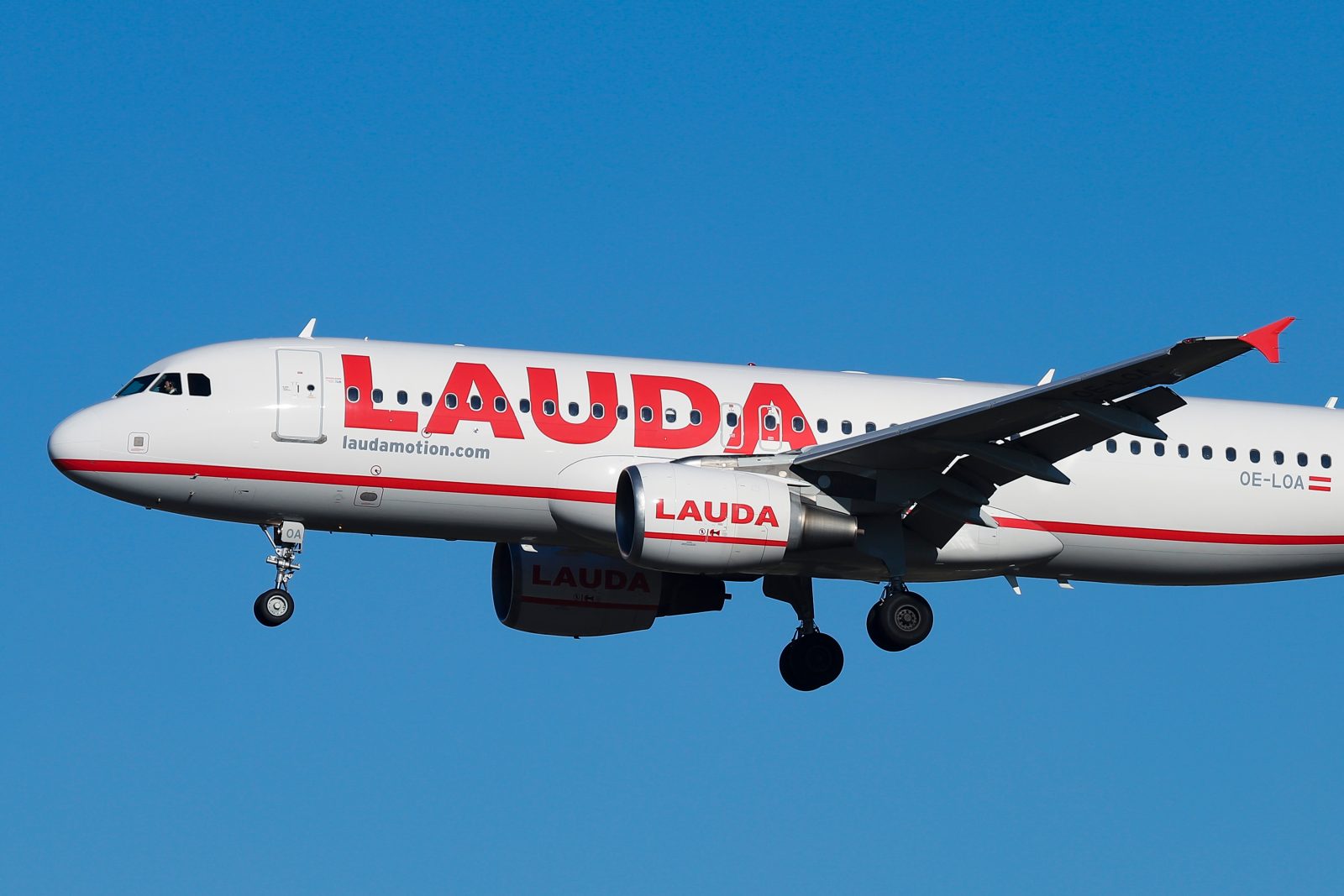
Airlines will be forced to pay compensation to passengers who suffer from post-traumatic stress disorder (PTSD) or any other form of ‘mental impairment’ after an accident onboard an airplane, the European Court of Justice ruled on Thursday.
The case was brought by an Austrian woman who was thrown several metres through the air from the jet blast of an aircraft engine as she was evacuated from a plane in the darkness at Stansted Airport near London on 1st March 2019 after one of the engines “exploded”.
Although the woman was not physically hurt in the harrowing evacuation that accident investigators described as “chaotic and slow”, the woman was diagnosed with PTSD as a result of the accident and is still being treated by her doctors for the condition.
The woman, identified only by the initials BT, filed a lawsuit against the airline Laudamotion claiming the now-defunct Austrian carrier was liable for paying out compensation under Article 17 of the Montreal Convention – a near global convention that “establishes airline liability in the case of death or injury to passengers”.
Lawyers acting on behalf of the airline, however, challenged the woman’s claim, arguing that Article 17 specifically establishes liability only for “physical” injury and not mental impairment.
A district court agreed with the airline but still held Laudamotion liable to pay out compensation because local accident laws cover mental impairment. The airline appealed the verdict to a regional court that backed Laudamotion’s argument and completely dismissed BT’s lawsuit.
The woman then appealed this decision to Austria’s Supreme Court which referred the case to the European Court of Justice last February.
In its judgement, the court ruled that “a passenger who has suffered a mental impairment as a result of an accident may, depending on the severity of the resulting damage, be in a situation comparable to that of a passenger who has suffered a bodily injury.”
“Accordingly, it can be assumed that Art. 17(1) of the Montreal Convention allows compensation to be paid for a mental impairment caused by an accident,” the ruling continued.
However, aware that there might be a rush for compensation claims, the court ruled on Thursday that claims can only be brought by a passenger who has a medical opinion and evidence of medical treatment that proves the mental impairment occurred as a result of the accident.
“This interpretation allows both injured passengers to obtain adequate compensation under the principle of full compensation and air carriers to protect themselves against fraudulent claims for damages that would impose an excessive, difficult-to-detect and calculate compensation obligation that could endanger or even bring their economic activity to a standstill,” the ruling continued.
Ten passengers were physically injured during the evacuation of the Luadamotion-operated Airbus A320, and two had to be taken to hospital. The aircraft had suffered a contained engine failure as the aircraft sped along the runway for takeoff, but the Captain managed to perform an emergency stop, and he had no intention of evacuating the aircraft.
In fact, the pilots were just about to taxi to the gate when the lead flight attendant ordered an emergency evacuation in what investigators described as an “overwhelming fight or flight response”.
As a result, passengers were evacuated while the engines were still running and some were hit by the jet blast as they left the aircraft.
Mateusz Maszczynski honed his skills as an international flight attendant at the most prominent airline in the Middle East and has been flying ever since... most recently for a well known European airline. Matt is passionate about the aviation industry and has become an expert in passenger experience and human-centric stories. Always keeping an ear close to the ground, Matt's industry insights, analysis and news coverage is frequently relied upon by some of the biggest names in journalism.







